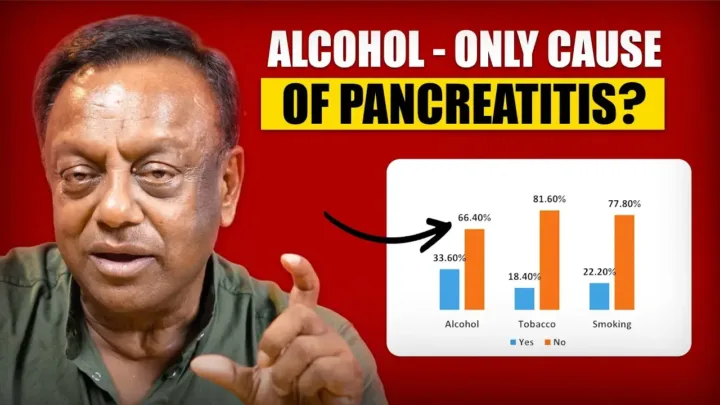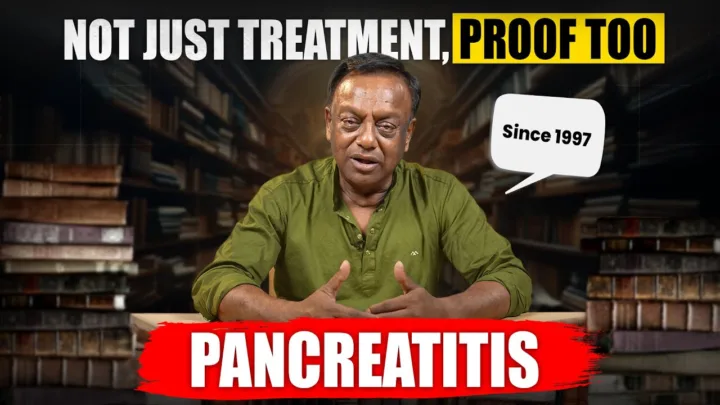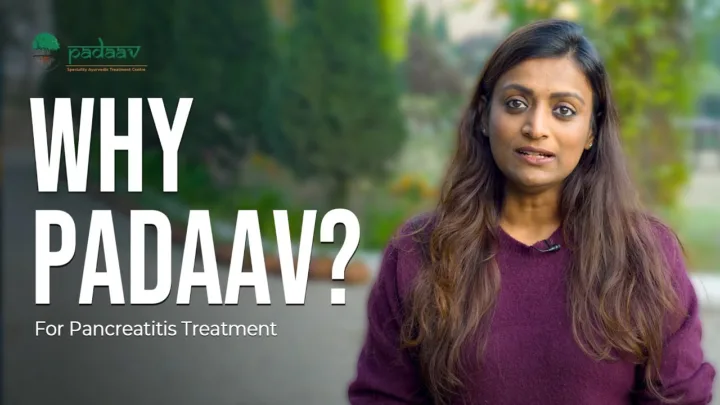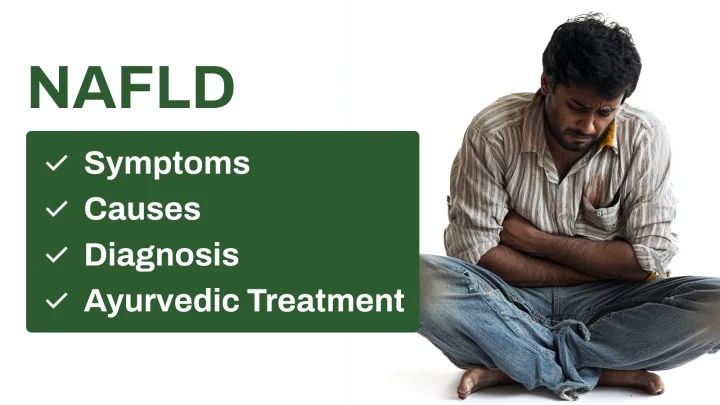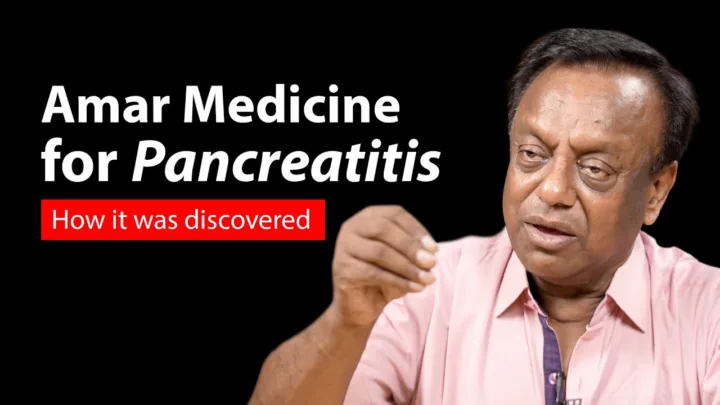In a deeply personal and frank discussion, Harsh, a former pancreatitis patient who found lasting recovery at Padaav, sits down with Vaidya Shikha Prakash to unravel the complexities of this disease. This conversation goes beyond medical terminology to address the real fears, emotional struggles, and practical questions that patients and their families face every day.
The Anatomy of an Attack: Understanding the Types
Harsh begins by describing his own journey, recounting 11 attacks, with a very severe episode in 2022 that led to a 3.5-month hospitalization and a drastic weight loss from 86 kg to a mere 50 kg. He asks Vaidya Prakash to explain the different types of pancreatitis and when the disease becomes truly serious.
Vaidya Prakash clarifies that while 80% of pancreatitis cases are mild and can resolve on their own, the remaining 20% to 30% are severe and can be life-threatening. She explains the different types:
- Acute Pancreatitis: Sudden, often severe attacks that can be self-limiting.
- Recurrent Acute Pancreatitis: When these acute attacks happen repeatedly.
- Necrotizing Pancreatitis: The most severe and dangerous form, where the digestive fluid from the pancreas begins to “autodigest” the organ, causing tissue death and a high mortality rate.
She emphasizes that the primary fear for most patients is not death, but the “most brutal pain anyone can experience.” This pain is so intense that it creates a deep-seated phobia of food, social gatherings, and a life free from constant worry.
Harsh raises a common concern: the fear of eating “normal” food and the social isolation that follows. Vaidya Prakash counters this with Padaav’s unique philosophy. The treatment does not confine patients to a diet of just dalia or khichdi. Instead, they are taught to eat a balanced, mindful diet that includes a variety of foods, even ghee and paneer, to combat the under-nutrition that many patients suffer from. She points out that the real problem is not the food itself, but the lack of information and the fear of fat that leads patients to starve themselves.
The conversation also touches on the difficult subject of painkillers. While medication is a necessity for the severe pain of pancreatitis, the risk of addiction, especially with opioids, is very real. Vaidya Prakash notes that this is particularly prevalent in patients with a history of alcohol dependency and that mindful, supervised consumption is key to avoiding this complication.
The Path to Recovery: Beyond the Hospital Stay
For Harsh, whose initial attacks were mild but whose later attacks were severe, the question of why a mild condition can turn life-threatening is critical. Vaidya Prakash explains that a seemingly mild attack can progress due to triggers like unmanaged stress, poor sleep, or an unhealthy diet. She also points out that a key factor can be a delay in seeking treatment, which allows the “autodigestion” to cause severe damage before intervention can begin.
She also addresses the common misconception that procedures like removing gallstones or undergoing ERCP guarantee a cure. She explains that while these may address a specific trigger, they do not solve the underlying systemic issue and do not guarantee that a patient will not have a recurring attack.
A Message of Hope: Prioritize Yourself
Vaidya Prakash’s final message to Harsh, and to all young people, is a powerful one: “Prioritize yourself.” She reminds him that when he was unwell, only his family was there for him, highlighting that without good health, career goals, relationships, and material success mean nothing.
She provides a simple self-check for a healthy life: Are you sleeping well? Do you have an appetite? Do you feel fresh and energetic? Do you have regular bowel movements? These are the true measures of well-being. She concludes, echoing Harsh’s own words, that while the fear of pancreatitis is real, every single day is a step toward recovery, and a full life is possible if you take it one day at a time.

